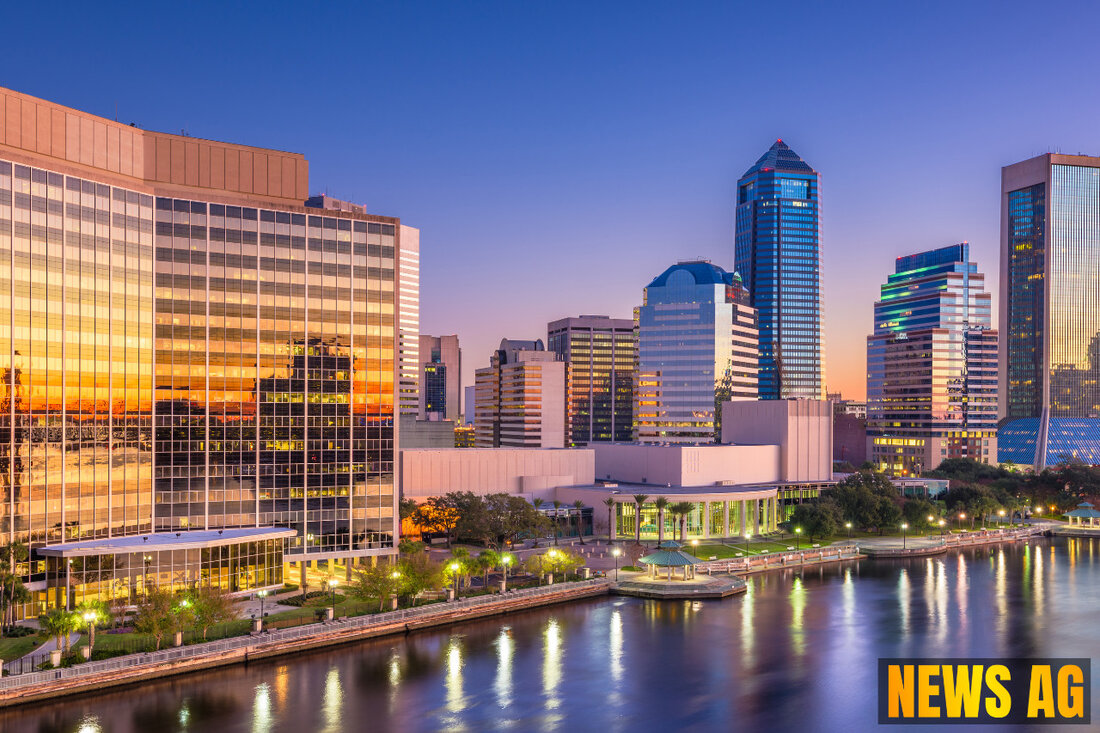Florida's Deportation Depot : New Facility Sparks Controversy and Protests!
Florida plans to open a new immigrant detention facility in Baker County, aiming to house over 1,300 detainees amid criticism.

Florida's Deportation Depot : New Facility Sparks Controversy and Protests!
On August 14, 2025, Florida officials announced plans to open a new immigrant detention facility at the Baker Correctional Institute in Baker County. This proactive measure aims to house over 1,300 illegal alien detainees, reinforcing the state’s ongoing stance on immigration control. Governor Ron DeSantis, who shared the news, emphasized that the costs associated with the facility would be reimbursed by federal partners, ensuring minimal financial burden on Florida taxpayers. Dubbed the „Deportation Depot“ by DeSantis, the facility is designed to process and expedite the return of illegal immigrants to their home countries, rather than serving as a permanent holding center.
While proponents argue that such facilities can enhance public safety and assist state highway patrol officers in managing illegal immigration, critics are quick to voice their concerns. Jyoti Parmar from North Central Florida Indivisible described this initiative as inhumane and a violation of human rights. She pointedly remarked on the language used by DeSantis, suggesting it reflects a cruel attitude towards human beings. Protesters have rallied against the establishment of the „Deportation Depot,“ arguing that deportation does not offer a reasonable solution to incidents involving illegal immigrants.
Rising Immigrant Population
This development fits into a broader national trend: the United States continues to have the largest immigrant population in the world, with Pew Research Center reporting that roughly one-fifth of the globe’s international migrants reside here. As of 2023, the foreign-born population had reached a staggering 47.8 million, rising by 1.6 million from the previous year—the most significant annual increase in over two decades. This surge emphasizes the need for effective immigration policies, as immigrants now account for 14.3% of the U.S. population, marking the highest percentage since 1910.
Amidst this backdrop, discussions about the immigrant community’s contribution to society grow louder. In recent years, there’s been a notable shift in the demographics of U.S. immigrants, with substantial representation from countries such as Mexico, India, and China. They play a crucial role in the workforce, with over 30 million immigrants currently contributing economically, despite facing numerous challenges.
Local and National Responses
The situation is not without its ripple effects. Organizations like the Virginia Language Justice Collective and Dreamers Mother’s in Action are responding to the increased fear and division stemming from such immigration policies. The VA for Immigrant Families Campaign seeks to provide vital support to immigrant families through initiatives like a hotline for those facing immigration enforcement. Their efforts illustrate a community’s resilience in the face of adversity, highlighting empowerment and knowledge as key to self-protection.
As Florida prepares to operationalize the „Deportation Depot,“ it’s crucial for all stakeholders to actively engage in discussions about immigration reform and humane treatment of individuals affected by these policies. Achieving a balance that respects human rights while addressing the complexities of immigration will be essential for both our local communities and the nation as a whole.
In a time of heightened scrutiny over immigration policy, Florida stands at a crossroads, having to weigh state interests against the broader social implications. As the „Deportation Depot“ readies to open, it prompts yet another chapter in an ongoing dialogue about the future of immigrants in America.

 Suche
Suche
 Mein Konto
Mein Konto